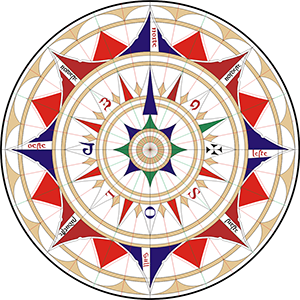Guide for the Guild
 The Guide for the Guild is a series of blogs posts submitted by AAR members in response to the Status on Women in the Profession Committee's work-life balance project. To learn more, visit SWP's page on the AAR website.
The Guide for the Guild is a series of blogs posts submitted by AAR members in response to the Status on Women in the Profession Committee's work-life balance project. To learn more, visit SWP's page on the AAR website.
May 25 2025
 The Guide for the Guild is a series of blogs posts submitted by AAR members in response to the Status on Women in the Profession Committee's work-life balance project. To learn more, visit SWP's page on the AAR website.
The Guide for the Guild is a series of blogs posts submitted by AAR members in response to the Status on Women in the Profession Committee's work-life balance project. To learn more, visit SWP's page on the AAR website.